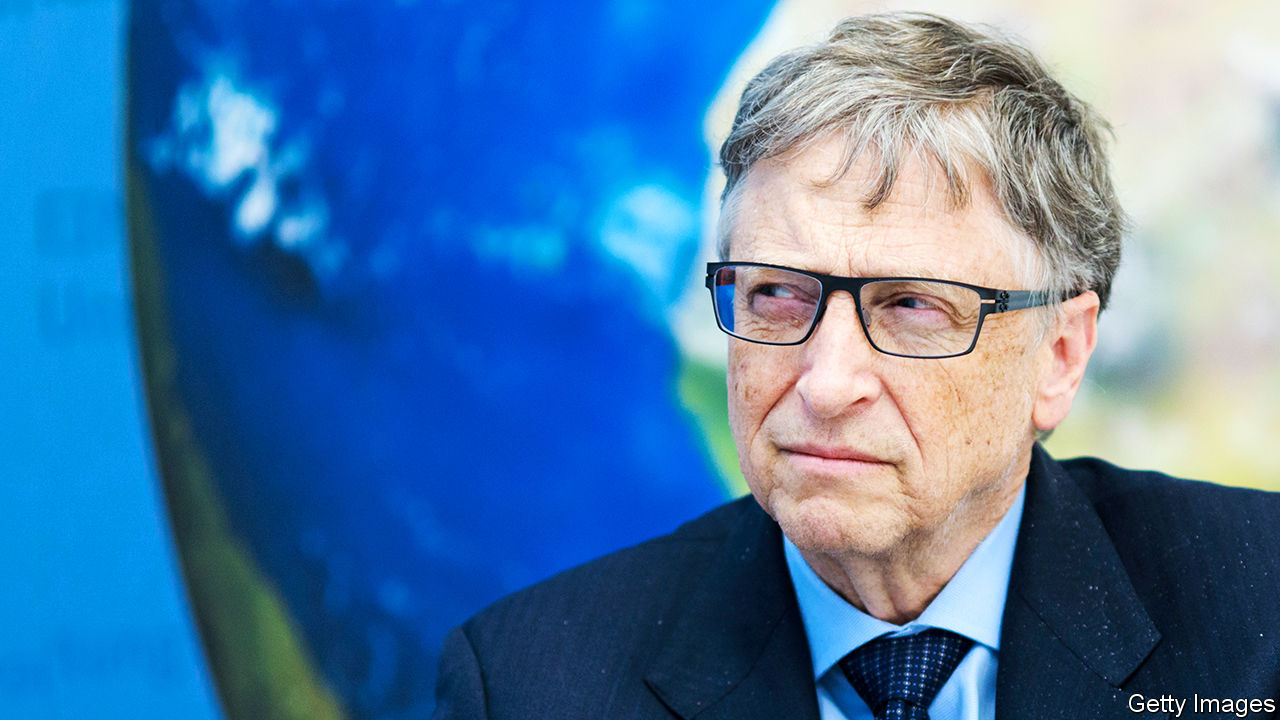
Microsoft co-founder Bill Gates recently discussed his "greatest mistake ever" while running the company when he sat down for an interview at Village Global with Eventbrite CEO Julia Hartz.
In full, Gates said, "the greatest mistake ever is whatever mismanagement I engaged in that caused Microsoft not to be what Android is." According to Gates, this was a mistake that cost the company roughly $400 billion.
For reference, Microsoft tried to dive into the mobile space by launching the first Windows Mobile phone in 2002. This was before Google acquired Android in 2005, before Apple debuted the iPhone in 2007, and before the first commercial Android phone launched in 2008.
Another piece of comical, related history is former Microsoft CEO Steve Ballmer in 2007 saying, "There’s no chance that the iPhone is going to get any significant market share," famously one of the worst tech predictions of all time.
In response to Gates sharing his biggest blunder, Android co-founder Rich Miner explained on X that his reasoning for creating Android in the first place was to prevent Microsoft from becoming what Android is now. Miner writes, "sorry Bill, you're more responsible for [losing] the $400B than you realize."
And when you hear the full spiel Gates had for Hartz in the interview, you might see where Miner's coming from.
Gates says, "There's room for exactly one non-Apple operating system."
Gates describes the software world as having "winner-take-all markets," which kind of sounds like a less scary way to say monopoly markets. He further explains, "Android is the standard non-Apple phone platform. That was a natural thing for Microsoft to win. It really is winner take all."
It's this last statement that really gets me, though. Gates says "There's room for exactly one non-Apple operating system." While it may be true that Android is currently the only other major alternative to iOS, I certainly wouldn't say there's only room for two operating systems and I hope other OS alternatives pop up as worthy competitors in the future.
When there's a duopoly controlling the mobile OS market — Android and iOS — it stifles innovation. That's not to say Apple and Google aren't creating helpful new features, tools, and design elements at all to benefit smartphone users. But progress and innovation would be more robust with more strong competition, not less.
I literally helped create Android to prevent Microsoft from controlling the phone the way they did the PC - stifling innovation. So it's always funny for me to hear Gates whine about losing mobile to Android 🤣Retweet if you think I should share our original pitch deck1/2 pic.twitter.com/urjZWK0yHEJanuary 14, 2025
Rich Miner appears to agree. On X, Miner says he "literally helped create Android to prevent Microsoft from controlling the phone the way they did the PC." When you look at how stagnant Windows has been for the past decade (aside from maybe the last year or two), it's easy to see where Miner is coming from.
According to his tweet, Miner "helped Orange launch the first Windows Mobile phone in 2002" and "worried [Microsoft] might end up controlling mobile like they did the PC." He "wanted something more open," which is certainly what Android is now, albeit controlled by major player Google.
It wasn't until Windows laptops were being grossly overshadowed by performance and battery benchmarks from Apple laptops that the company finally started wondering how to effectively get Windows on Arm to work. Because of Microsoft's stagnation with Windows, open-source Linux OS has also grown in popularity in recent years.
Either way, Microsoft's "$400 billion mistake" might be a moot point since Apple seems to be dominating the competition — both in laptops and phones — anyway.







